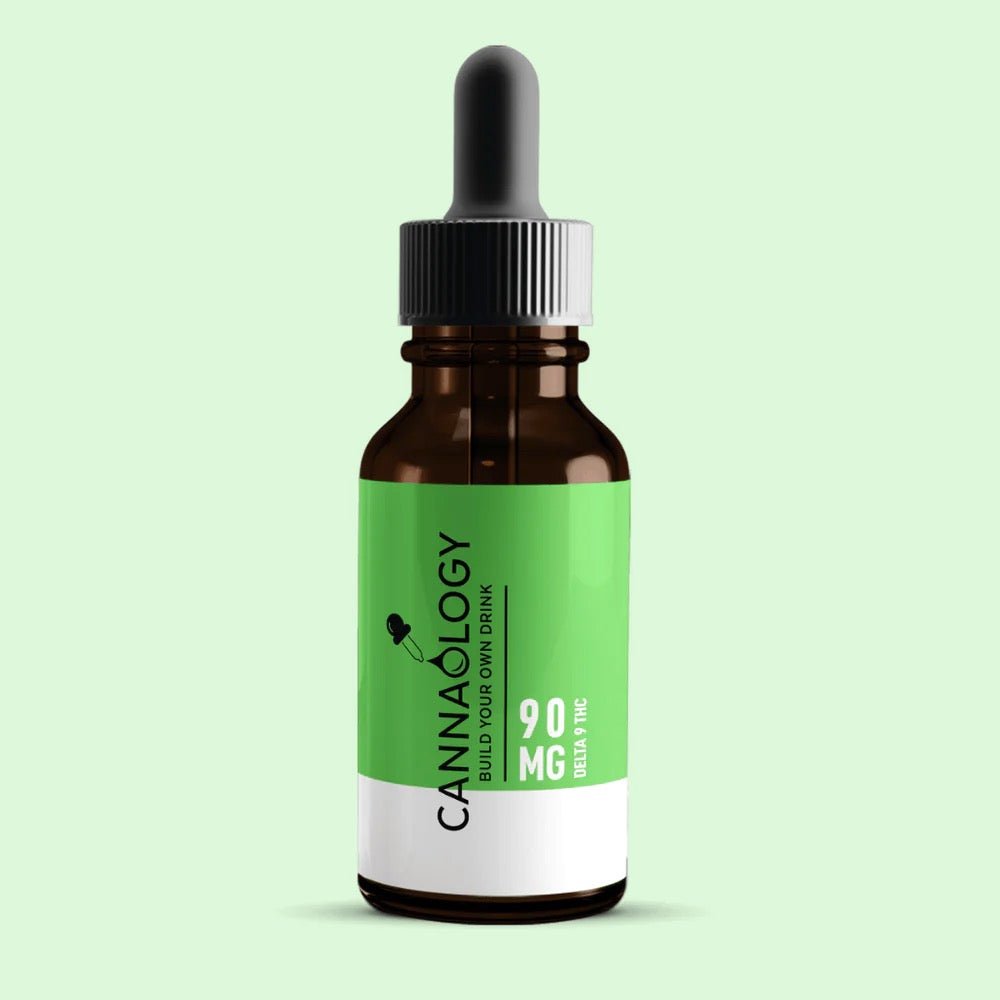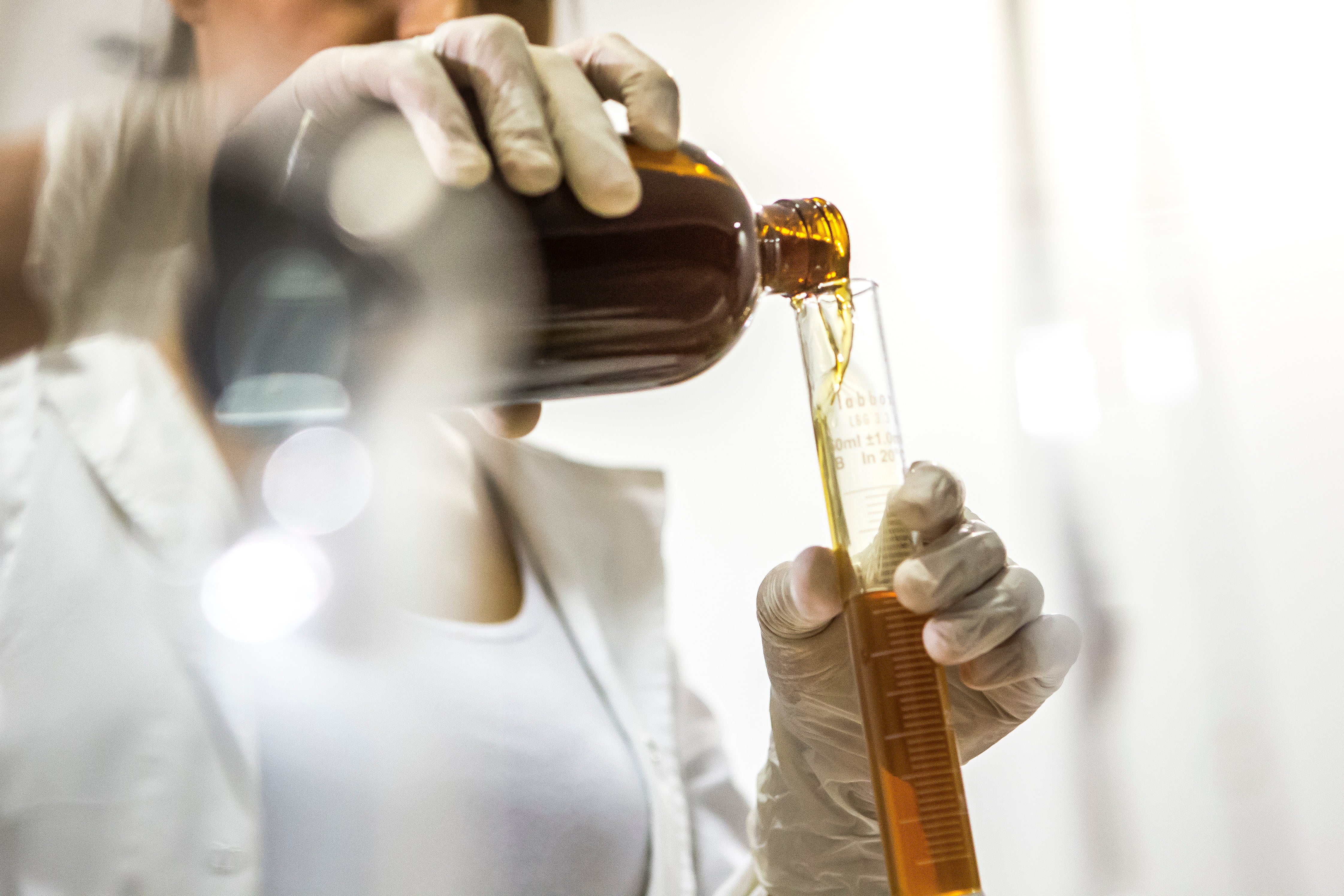
Connecticut legislators brought delta-8 THC under regulation in July. But in a simultaneous move they kept delta-8 accessible to adults, establishing a new adult-use cannabis marketplace. The act legalized all THC variants, allowing adults over the age of 21 to posses and consume cannabis.
Lawmakers defined cannabis as hemp products with a total THC concentration exceeding 0.3 percent on a dry weight basis. This definition includes delta-7, delta-8, delta-9, and delta-10.
Delta-8 and other THCs may only be sold by licensed establishments
In spite of legalization, Connecticut residents are experiencing a temporary gap in the ability to sell and buy delta-8 for recreational use. As of July 1, cannabis products can only be sold by a licensed retailer or medical marijuana dispensary. Those establishments will be able to sell both medical and recreational cannabis under a new hybrid license, according to Connecticut legal firm Pullman & Comley. But the licensing application period won’t begin until September, and sales aren’t expected to be legal until late this year.
The state’s Department of Consumer Protection told retailers to dispose of all cannabis products before the law went into effect July 1. The rules are less clear for buyers. Connecticut’s cannabis website clearly states that residents over the age of 21 can legally possess and consume cannabis. Still, the DCP has not clearly stated whether residents can legally order by mail or bring home purchases made out of state.
Regulations will standardize product, packaging, and labeling
According to the DCP, regulation was needed to create standards for THC products, packaging and labeling.
“Prior to this change, entities were able to sell products in the normal retail market without having to adhere to any testing, packaging, or labeling standards, including childproof packaging standards, or product restrictions prohibiting forms that appeal to children,” DCP Commissioner Michelle H. Seagull said in a press release. “The creation of a regulated cannabis market will protect and benefit public health and safety by ensuring consumers know exactly what is in the products they are purchasing and preventing children from accessing these products.”
A shift toward regulations vs. bans?
Although 15 states have reportedly banned delta-8 products, recent developments show a possible shift toward regulation. Michigan also chose to regulate delta-8 products rather than ban them, with a law that will go into effect October 11. And Florida regulates delta-8 under hemp laws, saying products must comply with all labeling rules and have a certificate of analysis that shows a delta-9 total of 0.3% or less.
Connecticut, under its new regulations, may become a state to watch for trends in cannabis production and sales. Unlike states with established delta-9 industries — seven of which have already banned delta-8 — Connecticut legalized all THC variants for recreational use, putting them on similar legal footing at the same time.
Additionally, the state’s new regulations expunge past cannabis-related crimes, and will direct revenue from cannabis sales to an equity fund for use in neighborhoods that were disproportionately impacted by former cannabis policy. Communities will be chosen based on a review of past drug convictions and current unemployment rates.
Connecticut is the 19th state to legalize recreational use of cannabis and the fifth in 2021. Others this year were New Mexico, New York, Virginia and New Jersey.
Read the full bill, “AN ACT CONCERNING RESPONSIBLE AND EQUITABLE REGULATION OF ADULT-USE CANNABIS.”
Sources
[2] https://portal.ct.gov/cannabis?language=en_US
[3] https://www.jdsupra.com/legalnews/recreational-cannabis-is-legal-in-6591224/
[4] https://www.hempgrower.com/article/states-that-ban-delta-8-thc-update-new-york-north-dakota-vermont/
[5] https://www.nothingbuthemp.net/post/michigan-chooses-not-to-ban-delta-8-thc-sets-regulations-instead







































